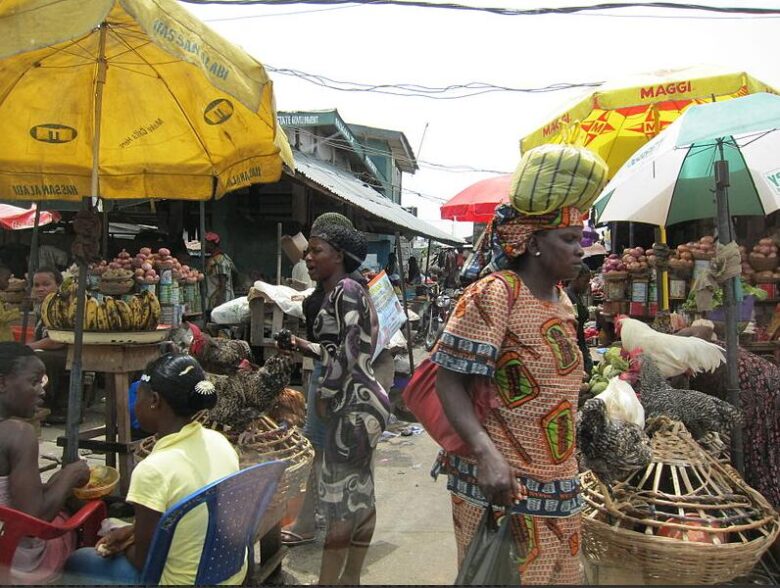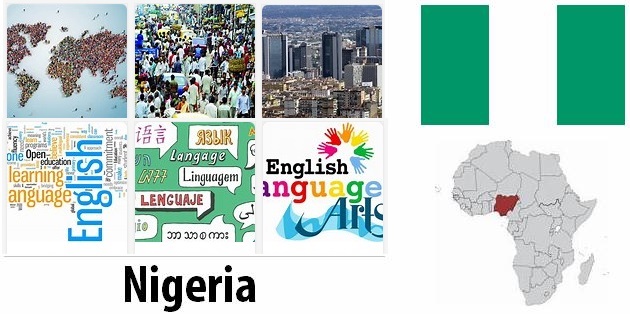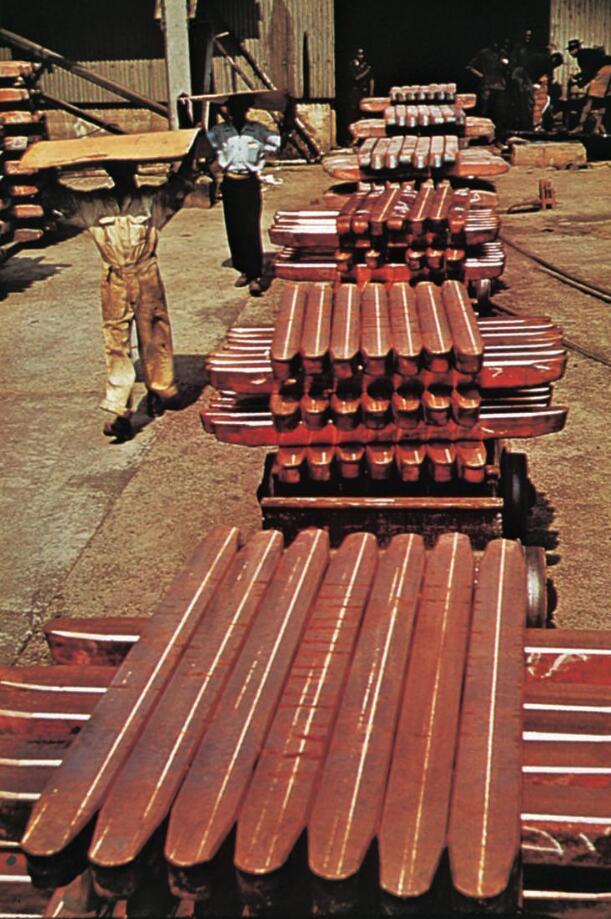Nigeria Media and Human Rights
Media landscape
The Nigerian media landscape is diverse. It includes numerous state and private providers in the press, radio and television, such as:
- Nigerian Television Authority (NTA)- national television
- Federal Radio Corporation of Nigeria (FRCN)- state radio
- TV private channel
- Around 100 national and local newspapers(daily and weekly) as well as numerous journals and magazines.
Many of the national and local newspapers can be read online today. The media language is English, but there are also newspaper editions in the languages of Nigeria’s three main ethnic groups, Hausa, Yoruba and Igbo.
Radio remains the primary medium for broadcasting news, especially in the rural areas of the country.
According to ehistorylib, digital media are also on the rise in Nigeria. The digital media sector is growing rapidly and is becoming increasingly important compared to conventional media.
The Nigerian constitution guarantees freedom of speech and freedom of the press, but the reality is often different. Journalists are often prevented from reporting. In the northern states of Yobe, Borno and Adamawa in particular, journalists are threatened by the Islamist group Boko Haram, but also by the state security authorities.
In the report on press freedom 2020 by Reporters Without Borders, the country has improved from 120th place (2018) to 115th place out of 180 countries evaluated.
Human rights
The human rights situation in Nigeria has improved since 1999 with regard to the release of political prisoners and freedom of the press and expression. Nevertheless, there are many question marks about compliance with human rights, such as the practice of Sharia law (death by stoning), kidnappings and hostage-taking in the Niger Delta, mistreatment and injuries by members of the Nigerian police and army, and the arrests of members of militant ethnic organizations. The “Special Anti-Robbery Squad (SARS)”, a special unit of the Nigerian police force that was set up in 1992 to fight violent crime in the country, is also according to a report of Amnesty International responsible for the torture and inhuman abuse of prisoners. The documentary “Inside Nigeria’s Kidnap Crisis” by the British Broadcasting Corporation (BBC), Africa Eye, provides an exciting X-ray image of the threat posed by kidnappings in Nigeria.
Homosexuality is banned in Nigeria. In November 2014, a law was passed that allows homosexual marriages to be prosecuted for up to 14 years in prison.
Besides China, Nigeria is also the country with the strongest human trafficking after Europe. The main trades are women who are forced into prostitution in Europe and children who are illegally given up for adoption and who are forced into child labor or also into prostitution.
The death penalty still applies in Nigeria. It is charged for a variety of crimes, including armed robbery, murder, and kidnapping. The death penalty is carried out by hanging, shooting and stoning criminals sentenced to death. In addition, in the 12 northern states that apply Sharia law, the death penalty can be used for adultery, rape and homosexuality. In 2017, Nigeria had the highest number of death sentences in the sub-Saharan region, according to Amnesty International.
There are a number of human rights organizations such as Amnesty International Nigeria and Human Rights Watch (HRW) that report on the human rights situation in Nigeria. The country reports by the US State Department and the Office of the United Nations High Commissioner for Human Rights (UN Human Rights Commission) also provide information on the current human rights situation in Nigeria.
Of course, Nigerians are also committed to human rights, among them the Nobel Prize winner for literature Wole Soyinka, the democracy activist Josephine Odumakin and the author and playwright Shehu Sani. A video shows the efforts of democracy activist Shehu Sani for a possible dialogue between the Nigerian government and the Islamist terrorist group Boko Haram.
In addition, Nigerian organizations such as CEHRD (Center for Environment, Human Rights and Development), CURE-NIGERIA (Citizens United for the Rehabilitation of Errants) and HURILAWS (Human Rights Law Services) advocate compliance with human rights in their country. The Nigeria Labor Congress (NLC) trade union movement is also active in the area of human rights issues.
In May 2018, according to a report by Amnesty International, the Nigerian army and its allied militia, the Civilian Joint Task Force (Civilian JTF), allegedly mistreated and exploited thousands of women and girls who had previously fled the terrorist organization Boko Haram to have. Under the threat of violence and in exchange for food, the starving women and girls were forced to have sex.



